A sweeping set of audits released by Cyprus’s Auditor General has cast a harsh light on the political entanglements of the now-defunct “golden passport” scheme, revealing that more than €1.1 million in donations flowed to Cypriot political parties from individuals and companies connected to the controversial citizenship-by-investment program.
The revelations add a new layer of scrutiny to a scheme that had already drawn international criticism for enabling wealthy foreign nationals-some with criminal histories-to obtain Cypriot (and by extension, EU) citizenship by investing a minimum of €2 million in real estate or other approved assets. Between its launch in 2007 and its cancellation in late 2020, the Cyprus Investment Program reportedly funneled approximately €9 billion into the island nation.
But while the economic windfall was considerable, the political costs are proving to be far greater. The Auditor General’s findings, published on May 27 in a series of nine reports, make clear that donations from developers and naturalized citizens with links to the scheme helped grease the wheels of political operations across nearly all major Cypriot parties.
The core of the Auditor General’s investigation focused on €1.12 million in donations made between 2016 and 2021. While direct foreign contributions to political parties are illegal under Cypriot law, the audit shows that donations were routed through Cypriot companies closely linked to applicants, and in some cases, through individuals who had been granted citizenship under the program.
The ruling Democratic Rally (DISY) party, which held power during the time of the scandal, received the lion’s share-€676,100 in total. The report specifically flagged two instances where companies tied to citizenship applicants donated large sums shortly before the individuals received approval. In both cases, the time lapse between donation and approval was just two weeks.
“The difference in the number of days is very small and the large sums are cause for concern,” the Auditor General’s report noted, hinting at possible quid pro quo arrangements. DISY, for its part, has denied any wrongdoing. Party spokesperson Onoufrios Koulla told CIReN, a local member center of the Organized Crime and Corruption Reporting Project (OCCRP), that the donations were lawful and fully declared. He added that in the cases where donations were made close to approval dates, the applications had already been processed and accepted months earlier.
“As far as the donations from investors or company beneficiaries to the golden passports scheme, those donations concern small amounts across the span of six years, and the full sums are declared,” said Koulla.
DISY is not alone in facing uncomfortable questions. The Democratic Party (DIKO) received €278,850, while the Progressive Party of Working People (AKEL) received €133,660. AKEL spokesperson Giorgos Koukoumas confirmed the donations but said they were from long-standing contributors and legal entities. He acknowledged that two naturalized citizens donated €15,000 in total, though those contributions came about three years after the donors received citizenship.
DIKO has remained largely silent, with no formal statement released in response to the audit. However, the party’s general secretary, George Solomou, downplayed the findings in an interview with Alpha TV, stating, “We do not believe there is anything blameworthy concerning DIKO.”
Three smaller political parties also received a combined €36,000 in donations from donors linked to the citizenship scheme.
Perhaps most striking is the extent to which property developers dominated the donor landscape during the years the passport program was in effect. According to the Auditor General, developers made up 23 percent of all donations to DISY and AKEL and nearly 30 percent to DIKO.
This pattern raises troubling concerns about the real power brokers behind Cypriot politics during the golden passport era. Developers stood to gain immensely from the real estate investments required by the citizenship scheme, and their donations-sometimes masked through shell companies-may have helped ensure political support and minimal oversight.
Haridimos Tsoukas, a professor at the University of Cyprus, described the findings as a troubling confirmation of widespread cronyism. “The reports confirm and reinforce what we already know: the most pressing political problem in Cyprus today is tackling corruption and cronyism,” Tsoukas said.
While the Council of Ministers was responsible for approving citizenship applications, Cypriot law required that Parliament be notified of each case prior to the issuance of passports. Critics argue that this oversight mechanism failed to function as intended.
“The Parliament has never taken any real responsibility for the golden passport scandal, nor for the broader phenomena of corruption and conflict of interest,” said Theano Kalavana, head of the civil society group OPEK Association for Social Reform.
Kalavana and other watchdogs argue that the legislative body turned a blind eye to systemic abuses, allowing politically connected individuals and entities to profit from the scheme with impunity. Despite a wave of media investigations and international pressure, it wasn’t until a 2020 undercover documentary by Al Jazeera exposed senior politicians offering to help a fictional criminal acquire a Cypriot passport that the program was finally shut down.
One of the audit’s key observations is the use of legal intermediaries-typically Cypriot-registered companies with ties to foreign applicants-to funnel money into the political system without violating the letter of the law. This legalistic circumvention highlights the limitations of Cyprus’s campaign finance regulations and underscores the need for reform.
Though no criminal charges have yet been filed in connection with the donations, the political implications are serious. With European Union institutions already having condemned the golden passport scheme as a threat to collective security and values, the latest revelations further tarnish Cyprus’s image on the international stage.
As public frustration mounts, there are growing calls for a full-scale parliamentary inquiry into the political beneficiaries of the scheme and stricter enforcement of anti-corruption measures. For now, however, accountability appears elusive.
The golden passport saga illustrates how a lucrative economic policy, left unchecked, can become a conduit for political manipulation and systemic corruption. While the €9 billion generated by the program may have bolstered the island’s economy, the cost to democratic integrity and public trust is immeasurable.
The Auditor General’s reports serve as a damning indictment of a political class that, according to many observers, prioritized short-term financial gain over long-term national interests. As Tsoukas aptly put it, “Cyprus must come to terms with its political culture if it wants to move forward.”
Until real accountability is enforced, the golden passport program may continue to cast a long shadow over the island’s political future.
Please follow Blitz on Google News Channel
Sonjib Chandra Das is a Staff Correspondent of Blitz.
cyprus-political-parties-took-e1-million-linked-to-golden-passport-scandal

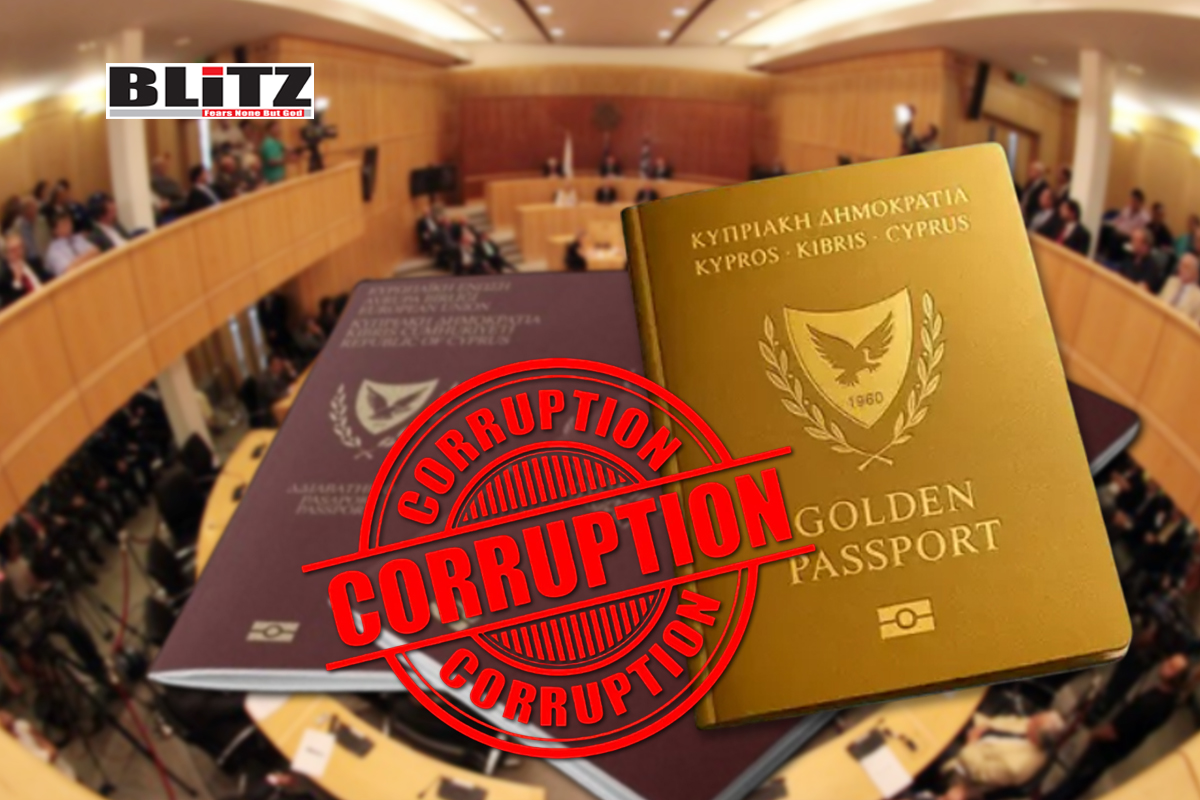





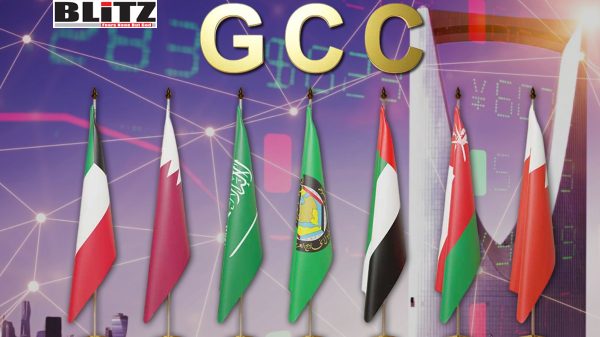


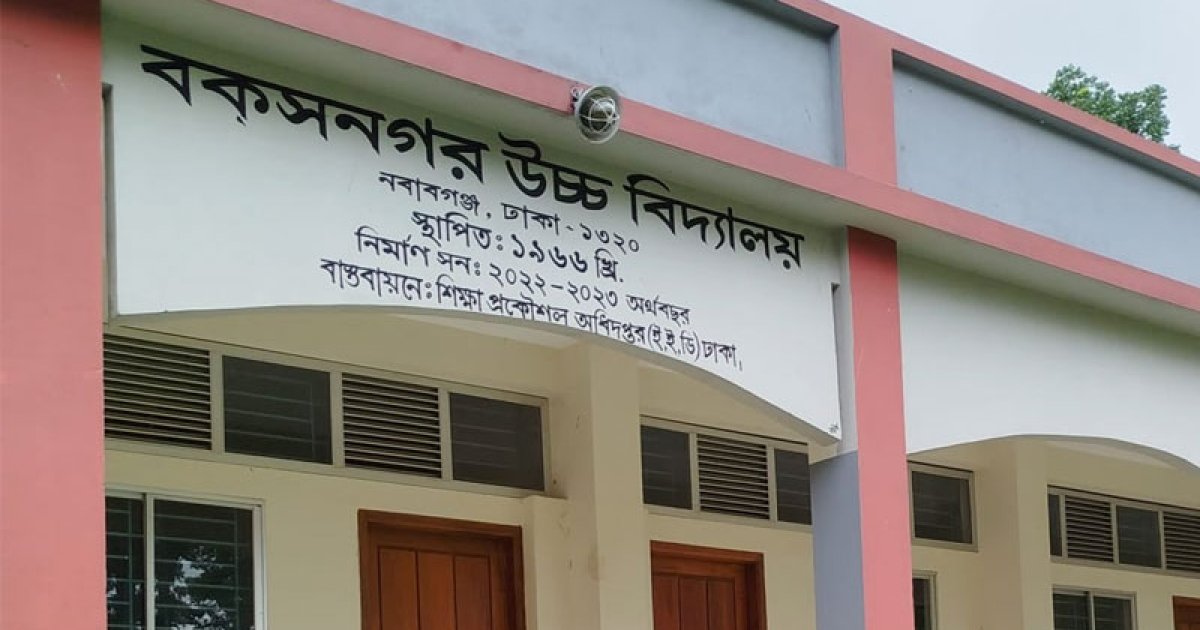
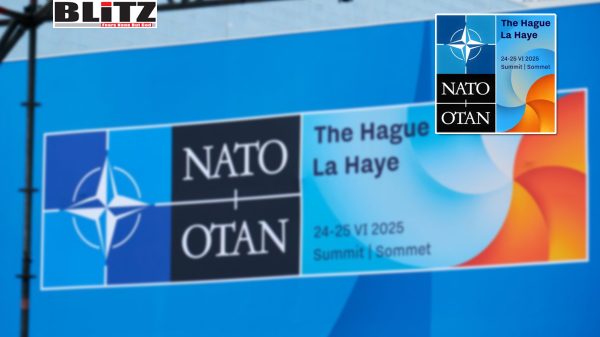

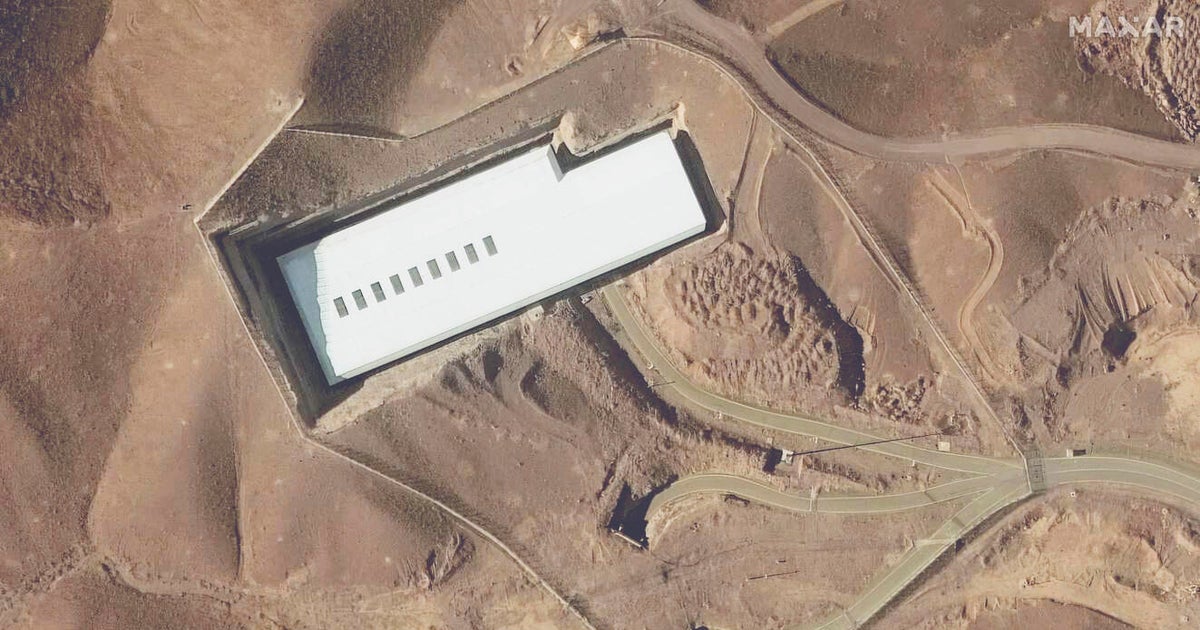

Leave a Reply